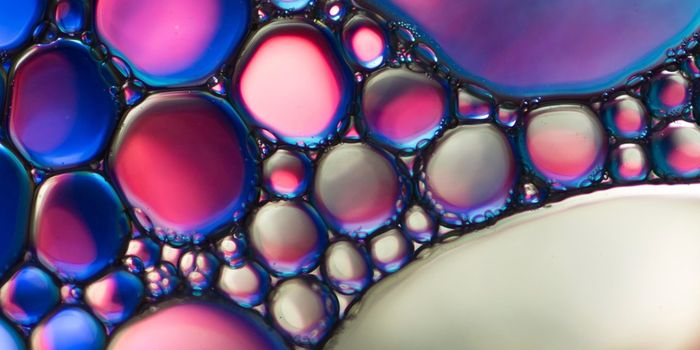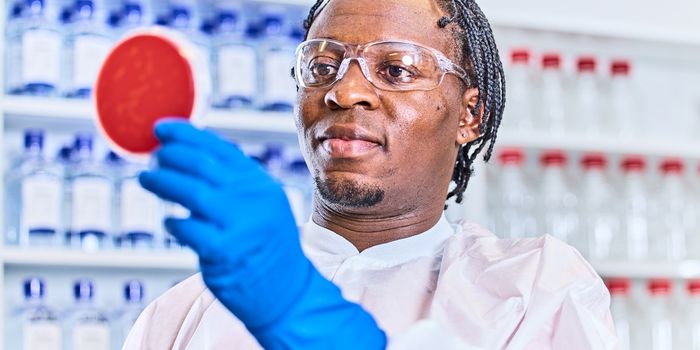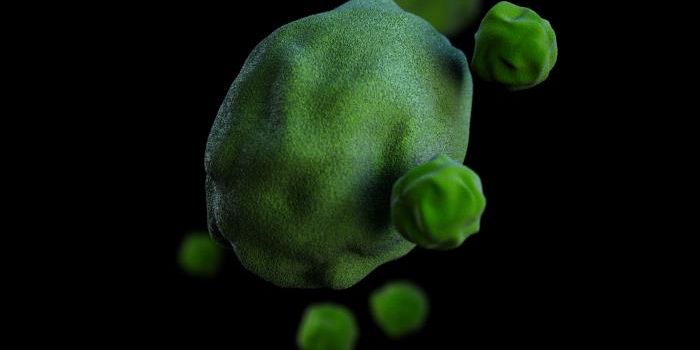Bacteria Can Change the Behavior of Animals
Microbes are everywhere, even inside of our bodies. The gut microbiome has been shown to have a powerful influence on biology, and can even affect the brain. Scientists have been learning more about the way that microbial populations can affect the behavior of different animals. A new study has investigated this relationship by studying how the feeding behaviors of the freshwater polyp Hydra can be affected by bacteria. This work may be the first to demonstrate that when a microbiome has less diversity, nerve cells are affected and behavior changes. The findings have been reported in Current Biology.
The freshwater polyp Hydra is a type of animal known as a cnidarian. It is only about one centimeter in size and attaches to aquatic plants in shallow lake water. It sustains itself by consuming tiny crustaceans and other stuff. Hydra exhibit feeding behaviors that have been well-characterized.
Hydra's feeding behaviors are also easy to study in the lab as well, because they can also be triggered by exposure to the peptide glutathione, explained first study author Christoph Giez, a graduate student in the Cell and Developmental Biology group at the Zoological Institute of Kiel University.
"Underlying the feeding behavior is a neuronal control that is significantly more complex than was previously assumed from the simple nerve network of Hydra," added Giez.
The researchers revealed the neuronal circuitry that is related to feeding behaviors in real time in live animals. Hydra that did not carry bacteria, known as germ-free animals, were analyzed first. When Hydra had no microbiome, their behavior became abnormal and their mouths opened for less time. When a normal microbiome was added to the animals, their behavior became normal again. "This allowed us to prove the direct influence of the microbiome," Giez said.
Next, the researchers added bacterial species back to the germ-free Hydra one at a time. The bacterium Curvibacter produced "a particularly interesting effect," noted Giez. Their feeding behavior was significantly impaired, and their ability to open their mouths was severely limited.
The investigators found that Curvibacter generates glutamate, and when only Curvibacter were present in a microbiome, glutamate builds up and blocks the opening of the mouth of Hydra. But when other microbial species are reintroduced to the microbiome, the problem is alleviated.
"Overall, we were able to prove that even in phylogenetically ancient animals, a diverse microbiome is necessary for normal feeding behavior. If the composition of this microbiome is severely disturbed, significant changes in behavior occur," said senior study author Professor Thomas Bosch, head of the Cell and Developmental Biology group at Kiel.
A healthy microbiome that is diverse because it contains multiple bacterial species promotes normal functions in the neuronal feeding circuit as well; the glutamate is used by other microbes, the researchers noted.
Sources: Kiel University, Current Biology









